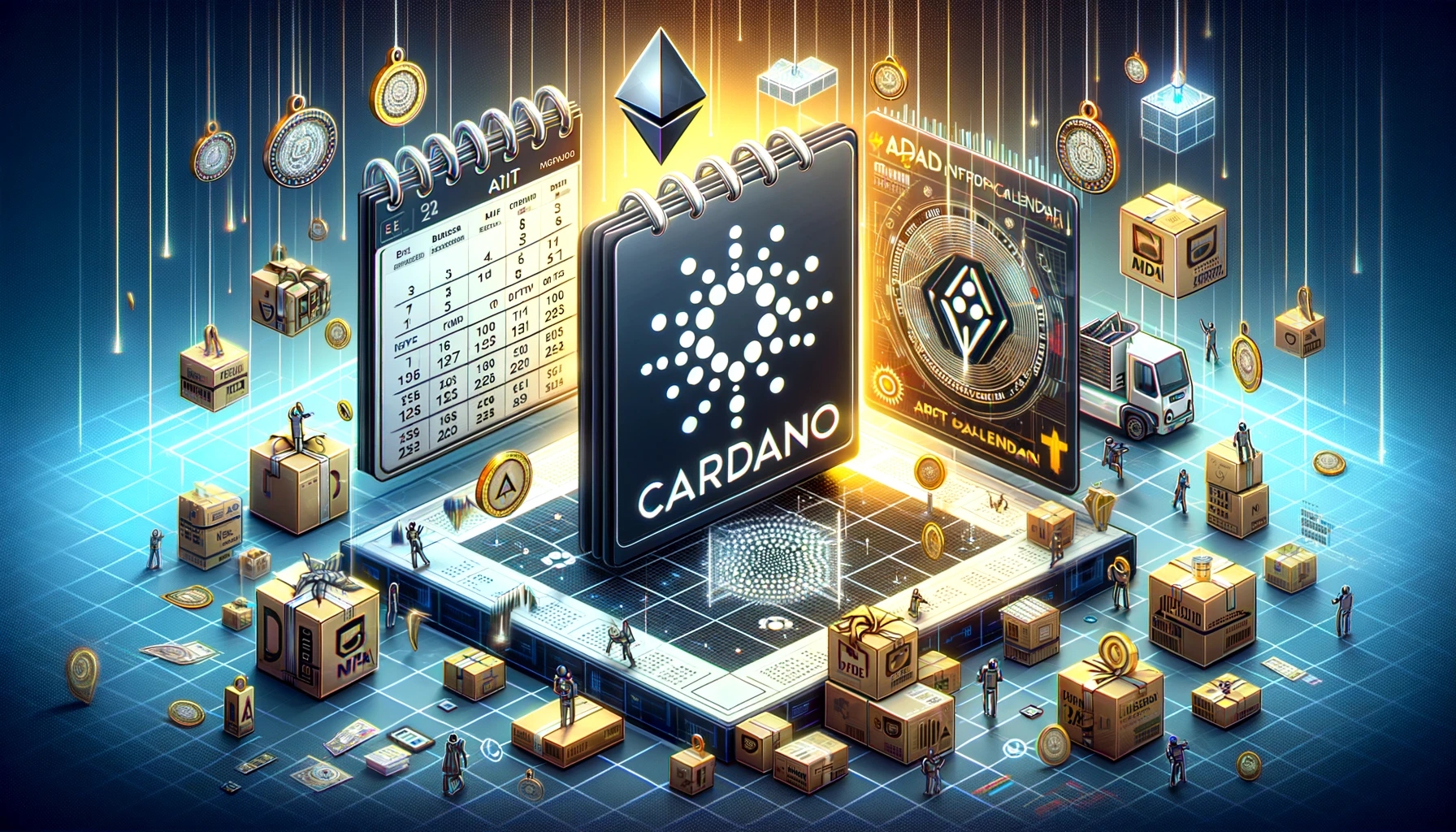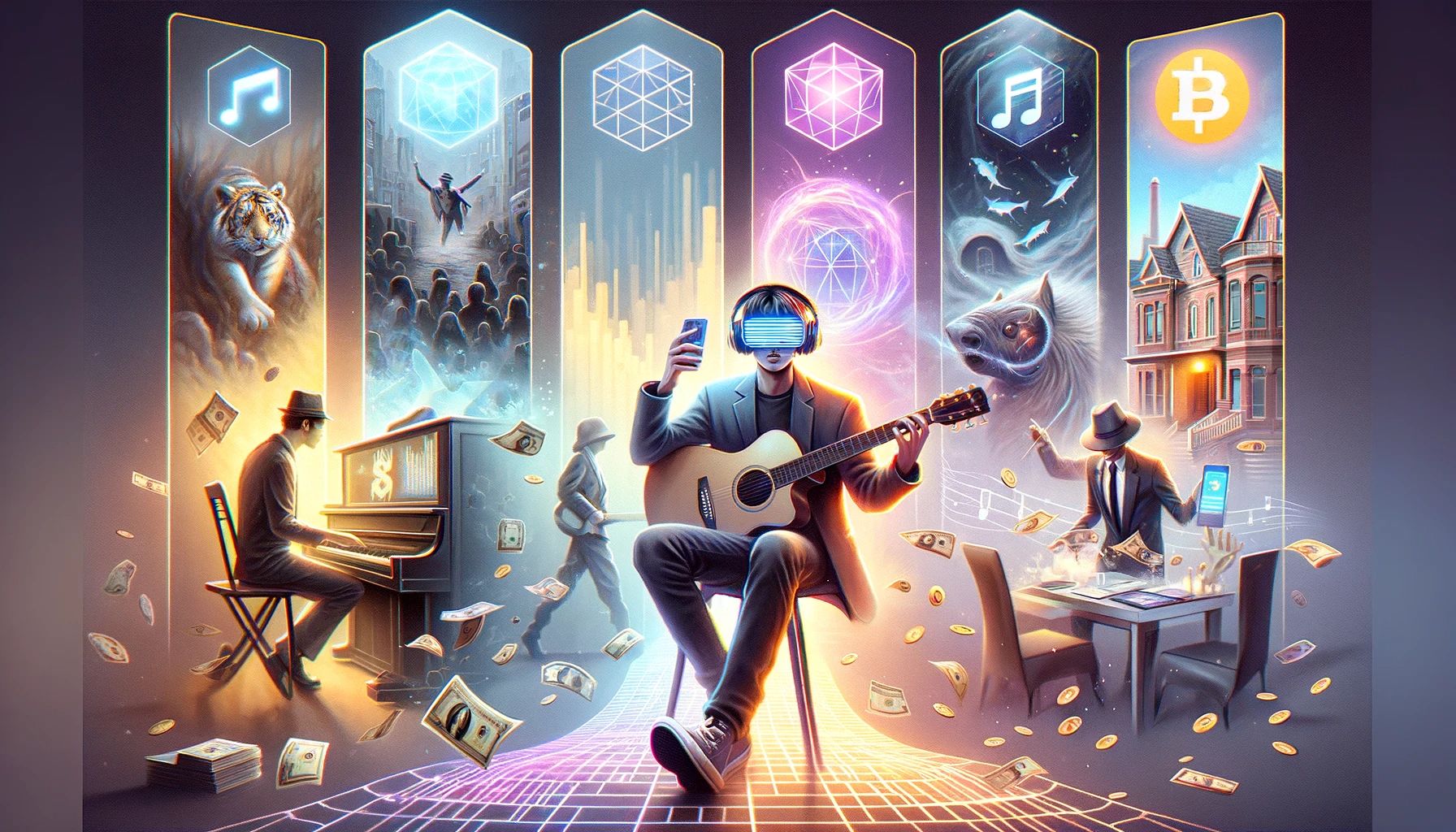Breaking Down Blackbird's $11 Million Seed Round to Bring Web3 to Restaurants
October 6, 2022 - 10 min read
Ben Leventhal, formerly the co-founder of Resy (acquired by American Express), just raised $11 million for Blackbird, a platform aiming to leverage web3 in the hospitality industry. I break down what Ben has said about his vision and how I think we will see Blackbird and the team execute it.

It was announced today that Ben Leventhal, the previous co-founder of Eater (acquired by Vox) and Resy (acquired by American Express).
Ben is an experienced and accomplished entrepreneur who was quoted as saying that he likes to build companies from scratch and from the sound of it, Blackbird is a concept, not a product yet and the investment is faith in Ben’s ability to bring a useful web3 concept to the hospitality industry:
“Blackbird is a web3 platform purpose-built for the hospitality industry with a focus on creating a direct connection between the restaurant and their guests through loyalty and membership services.” — source
Before we go any further into analyzing how NFT technology could be used to fulfill Blackbird’s mission, I want to highlight something very important from an article Ben wrote 8 months ago on Linkedin:
“Noting that my own understanding of NFTs and web3 is evolving” — Ben Leventhal
I’ve written about how to make the NFT market crash work for you, and one of the recommendations is to learn the space.
Ben is obviously a smart guy, but he’s more than likely seeking talent from the web3 space to help him bring this vision to life.
Everyone is new to this space, and if you’ve been grinding, and really “get it” it could be a career-changer (I don’t know if he is hiring or not at the moment).
In this article I’m going to break down what else is versus what if in terms of possibilities and how web3 technology could apply to the hospitality industry.
Both to illustrate why NFTs are more than just JPEGs and how it makes a tangible difference to this industry because I’m more than sure that plenty of people are rolling their eyes about this project.
Disrupting Fundraising and Loyalty
In Ben’s article, he foresaw two very distinct disruption paths for the hospitality industry with NFTs:
(1) Fundraising — Flyfish Club has already proven this model. The project raised $13,709,253.80 with its mint.
Flyfish club “is the world’s first member’s only private dining club where membership is purchased on the blockchain as a Non-Fungible-Token (NFT) and owned by the token-holder to gain access to our restaurant and various culinary, cultural and social experiences.” -source
It’s estimated to cost $10 million to open a four-star restaurant in New York City and Flyfish Club raised nearly $14 million through the sale of NFTs.
PS — you can check the USD value of a mint raised for various NFT projects here.
(2) Loyalty — Starbucks is currently trying to prove this model with NFT.
“New Starbucks Odyssey experience will offer members the ability to earn and buy digital collectible stamps (NFTs) that will unlock access to new, immersive coffee experiences” — source
Both of these models are no longer what ifs:
“What if Starbucks released an NFT as part of its loyalty program? What if a restaurant used NFTs to raise money to open a location?”
Now the question becomes what else is possible now that NFTs have been used and proven to affect fundraising and loyalty in the hospitality industry.
What Else Is Possible With Restaurant Fundraising Using NFTs With Blackbird?
I don’t know anything about Ben’s vision but have spent a lot of time writing about NFT projects and founders to hypothesize solutions based on current pain points.
Let’s document those first for NFT holders:
(1) I pay money for an NFT to help someone else open their business, but I own no equity, so I need to get value in return some other way
(2) I don’t want to have to do a lot of work to monitor and capture the value from my NFT — I hold numerous NFT projects and can’t keep up with the latest — please give me an easy user experience to manage my NFT utility
(3) I’m not always able to take advantage of my NFT utility by attending in-person events, meetings, or community participation — how can I still get value from my NFT?
Now, let’s document that for NFT issuers:
(1) We just raised $14 million from an NFT mint to open our new restaurant, we have to do that and have to bring value to our holders so they don’t get mad at us!
(2) We need to come up with ways to bring utility and value to our holders that fits within our business model
(3) We need to make the user experience simple and safe for all of our NFT holders
If you’ve watched NFT project Discord groups for any amount of time, it all really boils down to one thing:
Maintaining the value exchange.
Blackbird will likely evolve into a one-stop NFT launch platform for the hospitality space. E.g. “Bring us your NFT concept and we will: find the artist(s), determine the utility model, build the contract, set up Discord, launch your website, architect the user experience of utility, etc.
There’s value in being one-stop and having expertise/focus in one-specific vertical.
But if I am Blackbird, I am dialing in the utility model and user experience of that model.
For example, if I own a Flyfish Club NFT, it gives me access to make a reservation at that restaurant location in New York City.
But what if I want to sell one-time reservation access, which brings me back some of my up-front purchase amounts, and brings the restaurant value by someone else coming in to spend money at the restaurant?
Another example:
I am a big believer in the Fly Fish restaurant and think it could become a powerhouse in NYC, attracting celebrities, A-listers, and the like from all over the world. I want to buy that NFT because I think it’ll increase in value, but I want to be able to rent it for periods of time while retaining ownership!
If Blackbird built a platform to facilitate this, think of the effects:
As an owner of the Flyfish Club NFT, your incentive to sell goes down dramatically, but so do secondary royalty sales that are part of the FlyFish club model.
However, if Blackbird facilitates a purchase to rent to make a reservation on-chain, that transaction becomes eligible for royalties and everyone wins in that scenario.
This is not a what-if scenario anymore, it just became what is possible.
If Blackbird facilitates the infrastructure of Fly Fish holders to rent their NFTs, Fly Fish can focus on delivering exclusive and world-class restaurant experiences.
Win-win!
There will probably be a marketplace to facilitate this — log into Blackbird and see who’s selling access to their reservations that evening/weekend / etc.
If you’re savvy, you are asking “why do I need an NFT to do this?”
Think about the logistics of buying, selling, and renting access.
If you had a reservation at an exclusive restaurant or hotel, how can you prove you own it and are indeed giving permission to your friend who is “renting” that from you?
THAT IS THE POWER OF THE BLOCKCHAIN. That’s literally it in a nutshell.
Say you have an emergency situation and can’t make a dinner reservation you’ve been planning for 6 months and won’t get another chance for another 6 months.
You want to gift it to a friend, but how could they possibly prove (without you being there) that you gifted them your reservation when they show up without you?
NFTs can solve that exact problem and open a monetization stream for the issuer and holder of that NFT.
Now, if you’re really savvy you’re probably thinking “not all restaurants will be 4-star exclusive access only in NYC, they could never sell an NFT just to get a seat at their table.
That’s where model 2 comes in, loyalty.
What Else Is Possible With Restaurant Loyalty Using NFTs With Blackbird?
Let’s use Panera as an example because I am part of their loyalty program and there’s no way anyone is paying money for the ability to exclusively dine in at one of their locations (sorry, Panera).
Over time, I earn rewards in their app, which usually are food items with a limited time frame to use it (urgency, to get me to go there).
It’s smart marketing, I’ll give them that.
But what if, similar to Flyfish Club, I could turn my Rewards earnings into an NFT and rent or sell it?
That becomes really interesting.
Panera might not love that until they realize they would get a percentage of that sale because it’s on the blockchain!
But how much would someone really pay for a rewards NFT that offers a free cookie on your birthday?
Here’s what I would do instead:
(1) Announce the launch of an NFT rewards program and gamify it — the higher the current number of points in your rewards account, the higher likelihood of receiving a rarer NFT, or it lowers the cost to “mint”
(2) Announce that within issued NFTs, there will be exclusive and wild benefits on a monthly or quarterly basis — E.g. some lucky NFT holders win free Panera for a year, others get to name a menu item, others win $100,000 for holding, others get to attend a major sporting event with Panera staff and employees
Suddenly, you’ve created an ecosystem of value if you’re Panera:
(1) People spend more money at Panera to earn points to get a free and rare NFT that is tied to cool utility like free food for a year
(2) Other people come in late and realize that if they purchase a Panera NFT, it could unlock value like free food for a year (and if it’s done monthly, more chances create more demand) and Panera earns money on secondary sales
(3) Panera builds a community (Discord, live events, virtual events) that likely no other “fast food” chain could possibly do
(4) Revenue from the mint and secondary sales can be “recycled” back into utility — in my honest opinion, I’d recycle 100% back in for the first 3 years because the marketing of that story alone is enough to drive more people to Panera — who doesn’t want to name a menu item at a national restaurant?
Panera could do this themselves or use the Blackbird platform to develop the idea and launch it with a good user experience.
I think the latter is more likely.
PS — Starbucks loyalty members drove 53% of customer revenue!!!
There are lots of ways to add value, even from Mom and Pop shops, but I’ll save that for another time as this article is almost as long as a book.
NFTs Can Reduce Inefficient Use of Loyalty Programs
Speaking of Starbucks getting 53% of its revenues from its loyalty members, it’s also been reported that the company has billions of dollars in unused rewards.
People load up their Starbucks rewards cards, essentially paying upfront (genius business move by Starbucks) for coffee they haven’t drunk yet!
How can other national brands get their customers interested enough to do the same?
You already know what I’m going to say . . . tokenize it and offer utility to holders of rewards NFTs!
“If your rewards card has $50 or more, you get a free NFT. We’re issuing 10,000 and 100 of those will receive free donuts once per week. And if you are watching your weight, you can sell that NFT for a profit and repurchase another one later on!”
If I somehow won free donuts for a year on my rewards card, and I’m trying to watch my weight, that reward is inefficient because I don’t have any desire to use it.
But with NFTs, the ability to prove ownership and sell that ownership to someone else when it makes sense in my specific circumstances, an efficient market can develop that benefits holders and issuers of those NFTs.
Closing Thoughts
If you’ve made it this far — thank you for reading. There’s so much more to speak about on this topic, but I’m very excited about what Ben and Blackbird will bring to market.
And Ben or anyone from the Blackbird team — if you’re still this reading and want to connect, I’m humbled and my email address is Jon@StartWithNFTs.com :)
Newsletter
Enter your email address below to subscribe to my newsletter
latest posts





